Learning Objective
What is in this post or write-up
What is Education?
General Definition:
“Education is a systematic process through which a child or an adult acquires knowledge, experience, skills and sound attitude”.
This definition means that, education is a process. It is a “step-by-step” group of activities over a period. And after an individual has been taken through this process, before we can say the person has been EDUCATED, he/she must show signs that prove that there has actually been acquisition of knowledge.
What else? The person must gain new or enhanced EXPERIENCE. Lastly, an educated person must show that there has been improvement in his/her skills and attitudes, or he/she has gained new ones.
That is why we expect that an educated person should exhibit some level of behavior different from his others non-educated counterparts.
Education can also be defined as the:
“Process of imparting or acquiring general knowledge, developing the powers of reasoning and sound judgment, and generally of preparing oneself or others intellectually for mature life”.
Here we see that, in education, the cognitive (mind), affective (feeling) and psychomotor (hands) are trained and developed. Same thing, new skills and knowledge gained and/or old skills and experiences developed.
Types of Education
- Formal Education
- Semi-Formal Education (Adult Education or Non-Formal Education)
- Informal education
Formal Education:
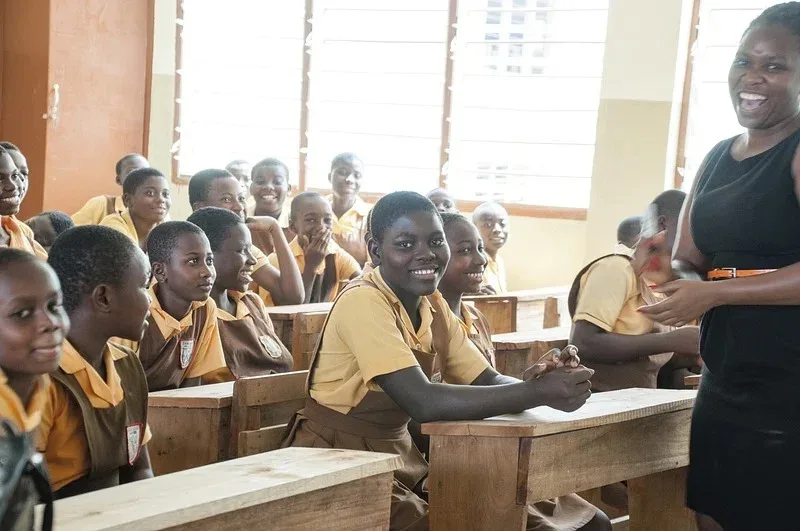
Formal education takes place within structured institutions like schools and universities. It equips students with academic knowledge and skills necessary for their future careers.
So, when you see people going to school, whether KG, Primary, JHS, SHS, University, Colleges, they are seeking to obtain formal education.
Semi-Formal / Non-Formal Education:
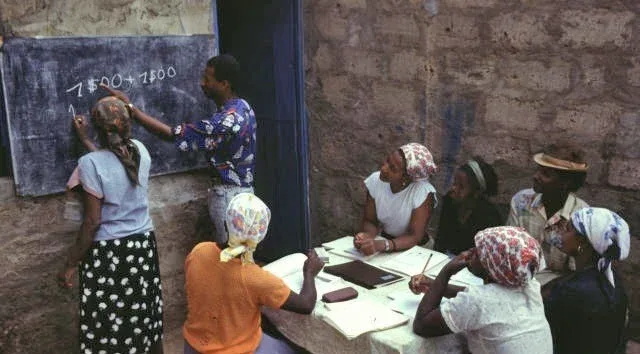
Some grown-ups might not have gone to school when they were young. But there are special “schools” for these adults to learn new things.
There is also Complementary Basic Education (CBE) which helps out-of-school children learn to read, write and do basic Maths after which they are transitioned to formal schooling.
Individuals who missed out on formal education have the opportunity to acquire skills and knowledge through non-formal education. These are programs that are organized to empower them to improve their lives.
Informal Education:

Informal education occurs daily, through storytelling, traditions, and the shared experiences of families and communities. Think of how our grandparents taught our mothers how to prepare fufu, how to sweep with brooms made from palm fronds and things like that. We also learnt these skills and behaviors from our parents right at home.
Informal education helps societies to preserve their culture (how they do their things that make them unique).
IMPORTANCE OF EDUCATION
Education isn’t just about textbooks and exams; it’s an “agent” for change and growth.
- Every nation expects that its citizens who are employed to work attain some level of education in order to be able to carry out their duties “thoughtfully”. A well-educated workforce is crucial for Ghana’s economic development.
- Educated individuals often find more fulfilling and better-paying jobs.
- Education opens doors to advancement and opportunities.
- It fosters unity and understanding among diverse communities.
- Education is a powerful weapon against poverty.
- Educated citizens engage in constructive conversations and hold leaders accountable in very civil ways.
- It empowers individuals to lead healthier, happier lives.
I would encourage you to read more on the definition, types, modes and importance of education.
Comment below and share with others!
Click here Listen to additional Audios
In our next lesson, we will consider How Education Began in Ghana and the Journey So far.

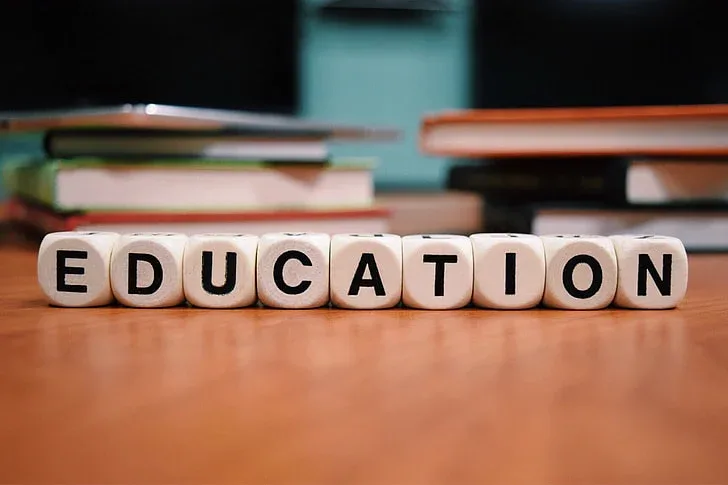
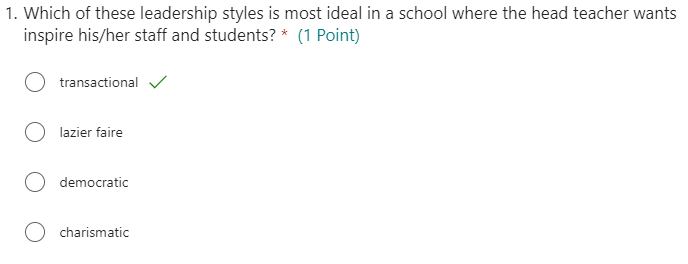

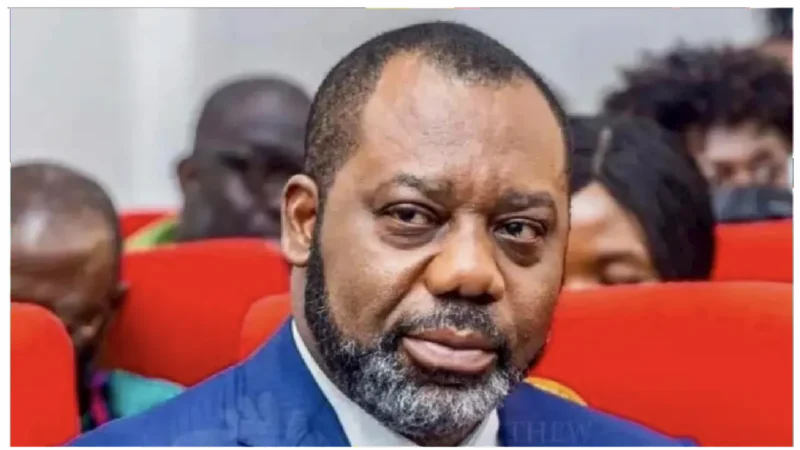
2 thoughts on “The Concept of Education”